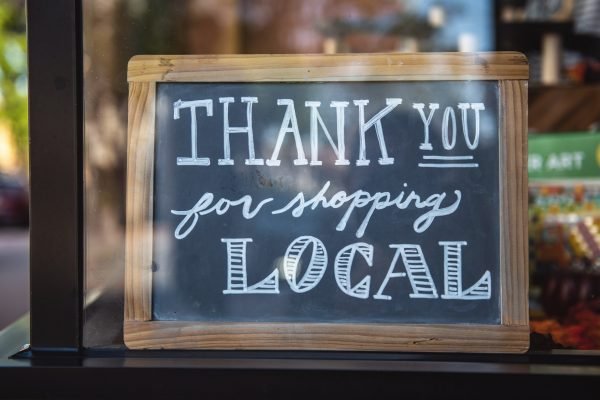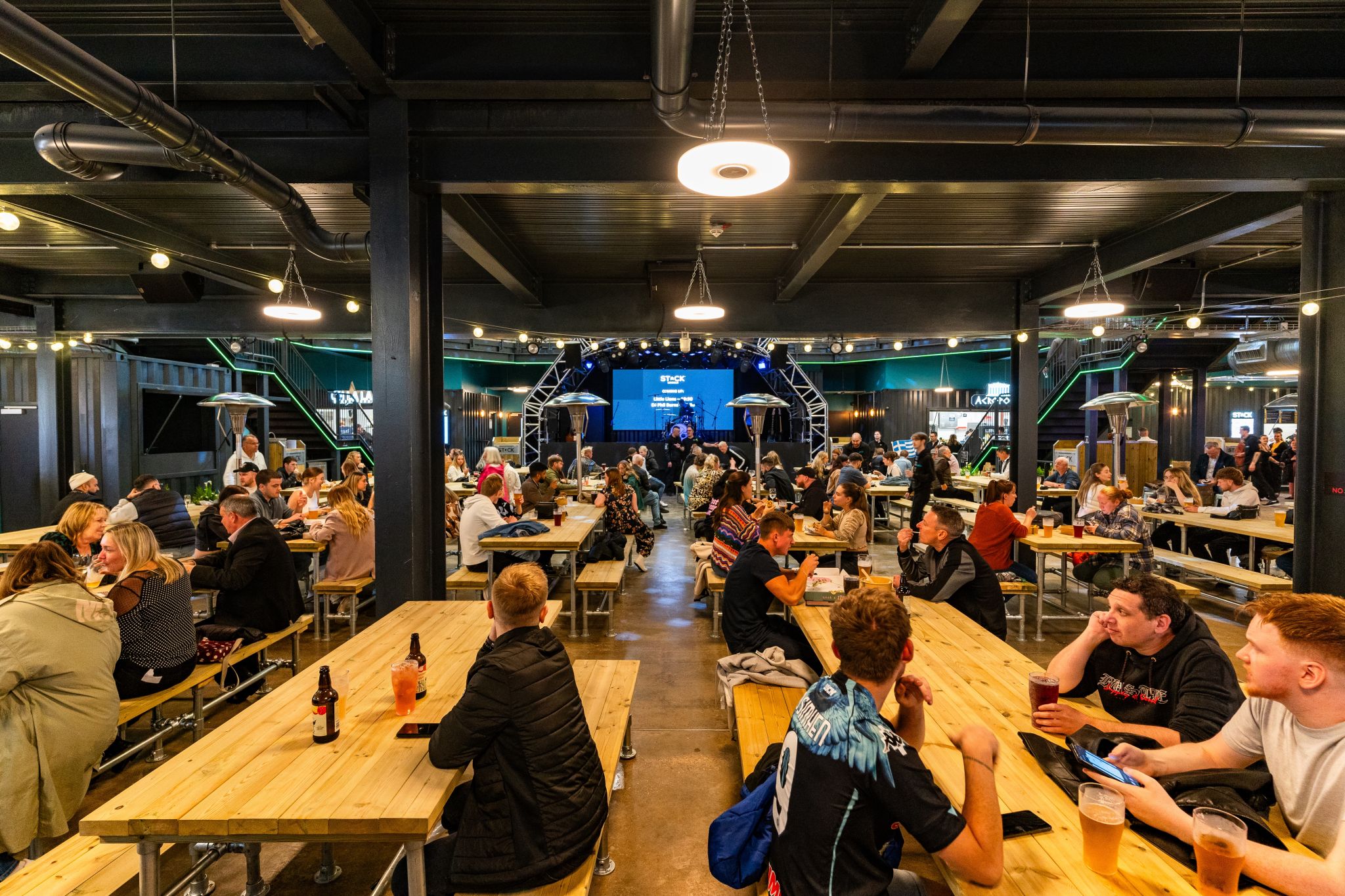The Government has 3 investment priorities of the UK Shared Prosperity Fund which relate to 7 of the 12 Government Levelling up Missions. These are the priorities that Local Government Agencies must consider when planning for the future of their Towns and Cities
SME’s account for 99% of the UK economy , providing three fifths of UK employment and approximately half the turnover in the UK private sector. (source:https://www.fsb.org.uk/uk-small-businessstatistics.html#:~:text=SMEs%20and%20the%20Economy%3A,in%20the%20UK%20private%20sector.) Increasing private sector investment is therefore crucial. Investing in local business, whether it be assisting entrepreneurial start-ups or assisting business acceleration or survival across various industries, will provide jobs and bring together the community.
This objective is more about businesses collaboration where partners and businesses across sectors, can share knowledge, expertise and resources to stimulate innovation and growth. It will target support for SMEs to commit to innovate, adopt productivity enhancing energy efficient and low carbon technology techniques, and to start to grow their exports. This will be measured by the number of potential entrepreneurs aided be business ready; the number of new businesses created; and the business survival rates.
There are two missions that guide interventions for this objective.
-
By 2030, pay, employment and productivity will have risen in every area of the UK, with each containing a globally competitive city, with the gap between the top performing and other areas closing.
-
By 2030, domestic public investment in Research & Development outside the Greater Southeast will increase by at least 40% and at least one third over the Spending Review period, with that additional government funding seeking to leverage at least twice as much private sector investment over the long term to stimulate innovation and productivity growth (with a UKSPF focus on helping businesses to access innovation support).

